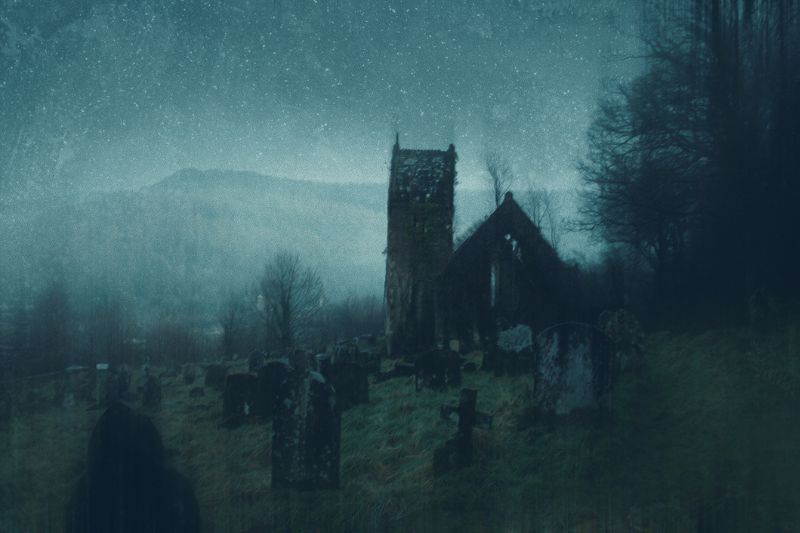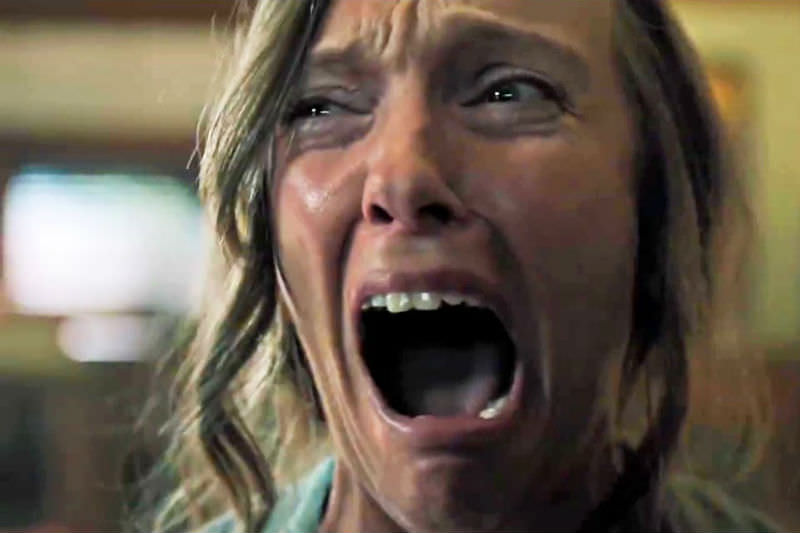Keywords: Demonic Possession
-

AUSTRALIA
- Danielle Terceiro
- 30 October 2024
6 Comments
As Halloween starts to become a staple in Australian neighbourhoods, for most people its ghosts mean little more than costumes and candy. But from haunted churches to eerie local legends, Halloween says something about us and the way we carry snatches of unresolved history.
READ MORE
-

ARTS AND CULTURE
- Tim Kroenert
- 06 June 2018
1 Comment
The pressure starts to get to Annie when she begins to suspect her mother is haunting her. This exacerbates pre-existing tensions; her husband is caring in a mildly condescending way, but is more concerned with the wellbeing of their children. Is the haunting real, then, or just a symptom of Annie's reluctance to let go?
READ MORE 
-

RELIGION
- Frank Brennan
- 23 May 2013
2 Comments
Fr Frank Brennan's keynote address at the Archdiocese of Canberra and Goulburn Clergy Assembly, St Clement's, Gaylong, on 22 May 2013
READ MORE
-

ARTS AND CULTURE
- Tim Kroenert
- 12 April 2012
23 Comments
'God created Adam and Eve, not Adam and Steve,' quips the pastor from the pulpit. The congregation finds this hilarious, but not young gay Christian Ben, who feels secretly shamed. Later, when a string of Christian counselling programs fail to 'heal' his homosexuality, Ben takes to his wrists with a razor blade.
READ MORE 
-

RELIGION
- Andrew Hamilton
- 14 December 2010
5 Comments
I respect the work of exorcists who offer appropriate pastoral care to those acutely troubled. I also believe it is not generally helpful to give prominence in the churches to demonic possession and exorcism.
READ MORE
-

ARTS AND CULTURE
- Tim Kroenert
- 25 November 2010
The Exorcist upheld an essentially fundamentalist, even romantic vision of religious experience. Its central character was an agnostic Jesuit whose encounters with demonic forces restore his faith. The Last Exorcism substitutes for the jaded Jesuit a troubled Middle American preacher.
READ MORE 